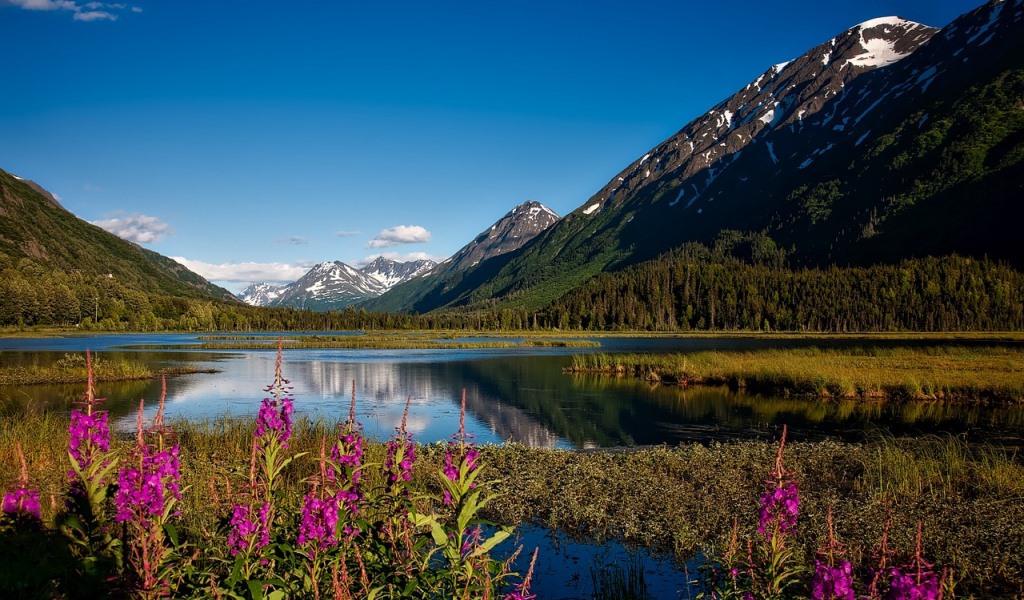On November 16, 2022, the U.S. Department of Agriculture’s Forest Service announced that it will provide up to $40 million to Trout Unlimited as part of a five-year agreement to restore watersheds on national forests and grasslands, which are home to many of America’s most important trout and salmon species.
Projects include remediation of toxic abandoned mines and removing engineered barriers like dams to improve fish passage, as well as ecological restoration of stream habitat.
The Forest Service manages 193 million acres of national forests and grasslands for multiple uses, mostly commercial. As a part of the USDA, the Forest Service manages forests primarily as tree farms. Thus, this growing focus on ecological restoration is welcome news for environmentalists.
Made possible by the Bipartisan Infrastructure Law, this five-year National Watershed and Aquatic Restoration Initiative aims to increase the pace and scale of watershed restoration on national forests and grasslands, with priority given to projects that use local employees and contractors to improve water quality in underserved communities and on Tribal lands.
“It is heartening to see the Bipartisan Infrastructure Law’s resources being put to good use,” said Chris Wood, president and CEO of Trout Unlimited.
“This agreement builds on a long and productive partnership between the Forest Service and Trout Unlimited. Together over the years, we have already restored more than 400 miles of important fish habitat, reconnected more than 700 miles of habitat by removing barriers to fish migration, and improved hundreds of thousands of acres of National Forest System lands. We are excited to continue and expand on this work over the coming years,” he continued.
More than 40% of trout streams in the U.S. flow through the 193 million acres of national forests and grasslands.
In recent years, Trout Unlimited leveraged $20 million in Forest Service funding to carry out $62 million worth of projects, improving forest health, water quality and building key partnerships while supporting hundreds of family-wage jobs in rural communities.
“Our agreement with Trout Unlimited continues our joint success as stewards of national forests and grasslands,” said Forest Service Chief Randy Moore.
“Our partnership is not just about cleaning a stream or increasing fish population. It’s life-sustaining work that is as vital to aquatic species as it is to people and communities. When our natural resources are healthy, we are healthy as a nation and as individuals,” he added.
Wild and native trout and salmon face countless challenges, including warming fueled by climate change. Trout Unlimited is identifying a national network of priority waters based on the best fisheries science and guided by its strategic plan.
Over the coming years, Trout Unlimited will use the funding from this agreement to work alongside partners to protect and restore these waters to improve fish population diversity, resilience and productivity.
In its recent work, Trout Unlimited has worked with Tribes, agricultural landowners, mining companies, and government agencies to reconnect habitat and reduce flood risk on the Chequamegon-Nicolet National Forest in Wisconsin, restore native brook trout habitat on private lands around the Monongahela National Forest in West Virginia, restore streams in the Nez Perce-Clearwater National Forest in Idaho and clean up mines and restore streams in the Chugach National Forest in Alaska.
Trout Unlimited is the nation’s oldest and largest cold-water fisheries conservation organization dedicated to caring for and recovering America’s rivers and streams so our children can experience the joy of wild and native trout and salmon. Across the country, TU brings to bear local, regional and national grassroots organizing, durable partnerships, and science-backed policy muscle.
Photo of Chugach National Forest is by David Mark from Pixabay.

